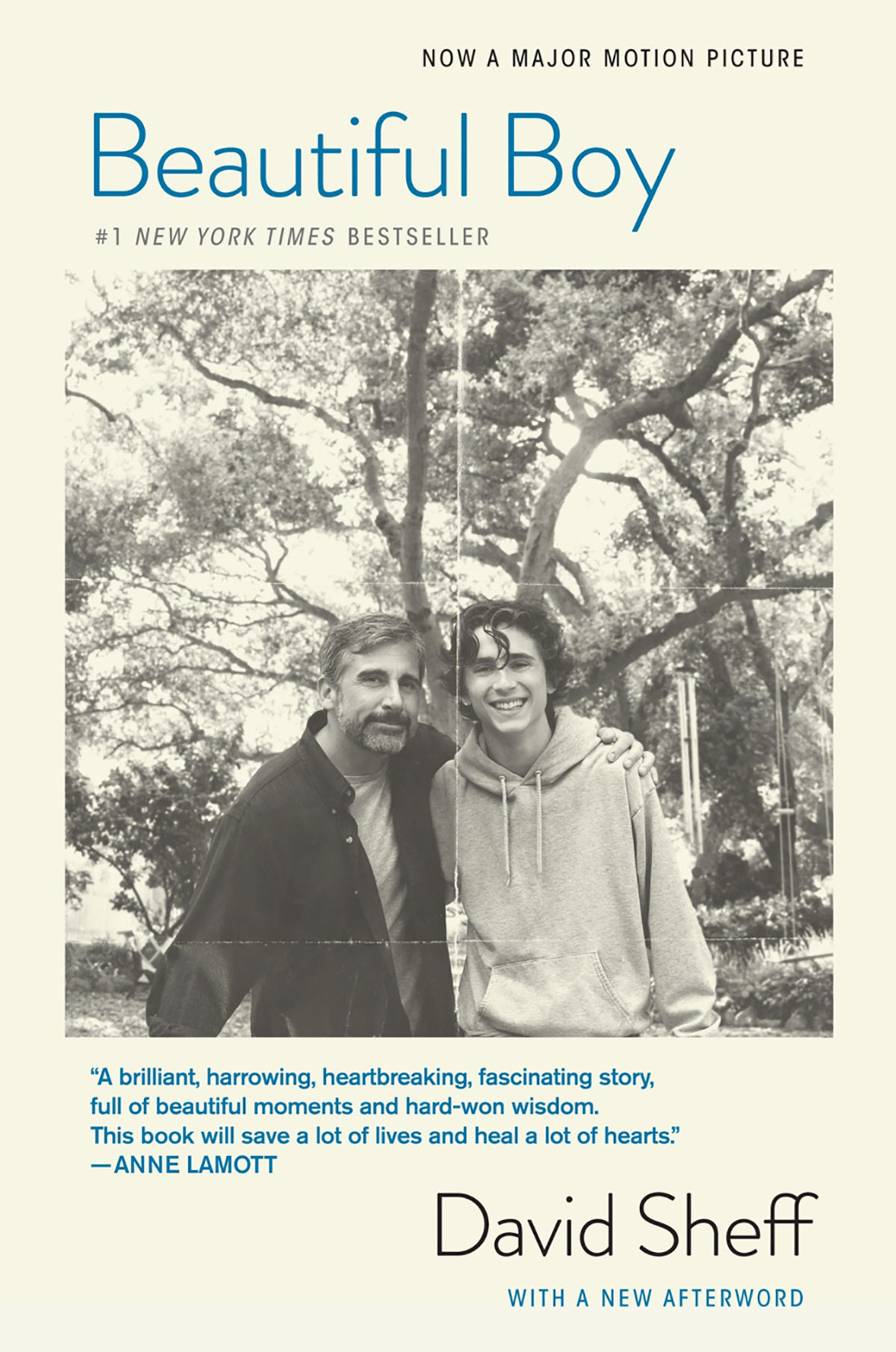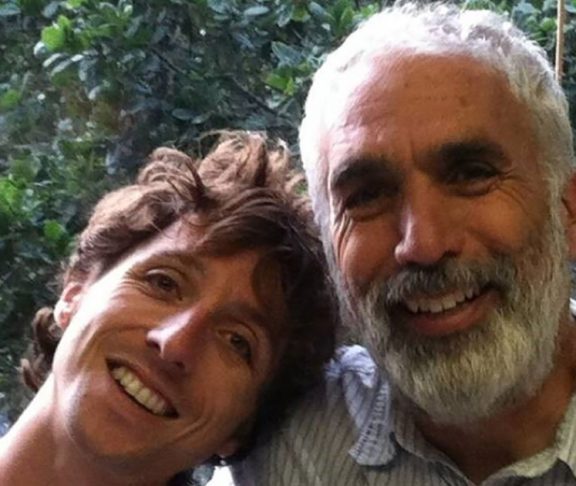Many patients consumed by addiction bury their struggles deep down inside. But the Sheff family wears their loved one’s survival as a badge of honor.
Journalist David Sheff wrote about his son Nic’s addiction and recovery in his book “Beautiful Boy,” which was released in 2018 as a feature film of the same name, starring Steve Carell and Timothée Chalamet. Meanwhile, Nic wrote a book called “Tweak: Growing Up on Methamphetamines” from his own point of view.
Even after his family’s story reached Hollywood, Sheff hasn’t stopped using his voice to raise awareness of addiction and the obstacles preventing others from getting better. “The main problem in the way that we think about addiction, and therefore the way we treat it, is addiction doesn’t look like a disease. It looks like a choice,” Sheff said. “But that’s of course not what it is … and until we start to think of addiction as a disease, and treat people who are addicted as if they’re ill, as if they have a mental illness — which is what they have — then things aren’t gonna change.”
The conversation
About 24.6 million Americans ages 12 and older, or 9.4 percent of the U.S. population, had used an illicit drug in the last month, according to National Institute on Drug Abuse statistics from 2013, the most recent data available.
Not every one of those individuals developed an addiction, but Sheff believes every parent should broach the subject of drugs before a potential problem develops. “We put conversations off, we don’t want to go too deep, we don’t want to push our kids, we’re afraid of giving them ideas or making them nervous,” he said. “But the fact is that kids have ideas; they’re living in a world in which they’re surrounded by drugs, and stories about drugs and kids who are using.”
He urged parents to pay attention to warning signs, like depression, or school or home trouble, that may pave the way to a substance-abuse disorder. “Before drug problems begin, we want to have open conversations that aren’t just about drugs, but are about whatever our kids are dealing with, because we know that drug abuse doesn’t happen in a vacuum,” Sheff said. He added that the more parents can help their children address related problems, the less likely they may be to use drugs.
Fix the broken system
When you or someone you love is treating addiction, expect to face hurdles when seeking treatment and getting healthy again, Sheff said.
Amid an explosive opioid epidemic, addiction counselors are in low supply, and at some centers, bogus treatments are abound. Getting proper help can prove challenging. “The addiction treatment system is a complete and utter disaster,” Sheff said. “Oftentimes, the reason people aren’t getting well is they’re getting awful treatment.”

He called on more people to rely on evidence-based treatment, such as psychotherapy, administered by trained professionals. “We would never send someone with cancer to be treated by someone whose only qualification is they once had cancer. We want to rely on people who are trained addiction psychiatrists and psychologists,” Sheff said.
For those facing what the Sheffs overcame, know that there is hope. Nic is healthy and living in Los Angeles near his two siblings, with whom he surfs, goes to the movies and hosts dinner parties. Their family, Sheff said, is “closer than ever.”
“I think it’s helpful for people to realize that, yes, there is healing,” Sheff said. “It can be really hard to deal with this disease, but people with addiction get better and families heal.”

